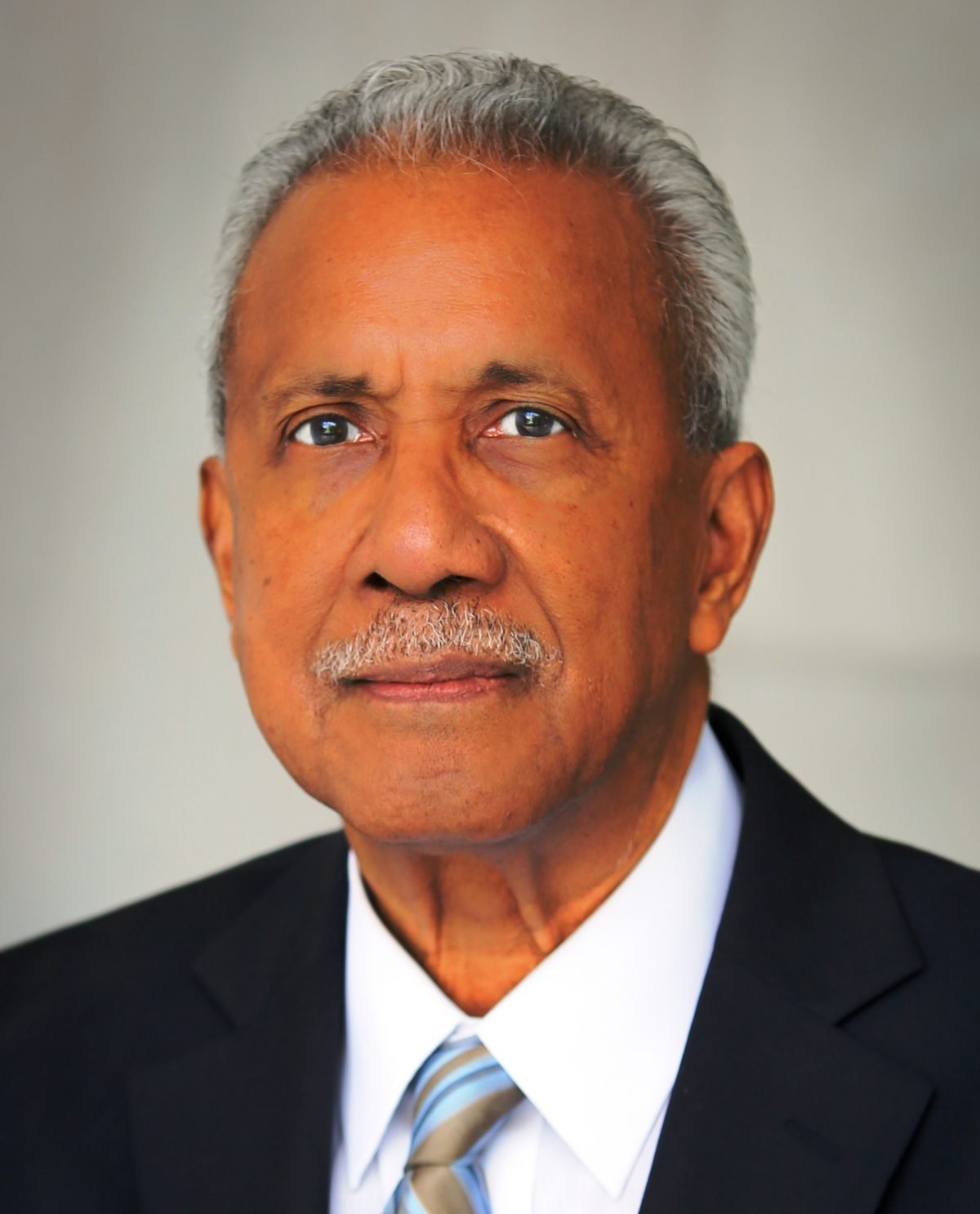(Trinidad Guardian) Two international relations experts agree that the US has no justifiable reasons to impose sanctions on T&T.
University of the West Indies professor of international relations, Dr Anthony Bryan and retired lecturer Anthony Gonzales both said that the US had no reason to sanction T&T for selling oil to Aruba, even if it did end up in Venezuela.
On Friday, Guardian Media reported that both the US State Department and the local US Embassy office were aware of a shipment of fuel that was sold to a Venezuelan shipping tycoon and left the country bound for Aruba.
Both offices said that any nation that was found to be assisting Venezuela could find themselves facing similar sanctions.
“Bear in mind that when oil is sold it is sold CIF (Cost, Insurance, Freight) to the shipping company. The seller cannot dictate or determine where it ends up since no designated country is put on the manifest,” Bryan said.
When cargo is bought CIF, it means that the seller pays costs, insurance and freight against the buyer’s risk of loss in transit.
“Where the oil ends up cannot be seen as collusion or connivance by the seller. It’s a free market,” he said.
“Let me say that this whole matter is clouded in mystery. Oil trading is one of the least transparent activities in global trade because of the number of players (state and non-state) that are involved.”
He warned that while most US sanctions are politically motivated to push regime change, he did not see T&T qualifying for that type of attention.
“The US can find any reason to impose sanctions on any country. One would think that there would be a burden of proof and legal evidence to warrant the same. I think that you are aware that recent sanction on Iran, Cuba, Venezuela etc, all have a political motive behind them such as regime change etc,” he said.
But while Bryan said that the US had no political motivation or profit in sanctioning T&T, Paria could end up as collateral damage if found to be assisting Venezuela.
Gonzales had a similar opinion but wondered if the US was trying to send a warning to T&T.
“It’s power politics. The US-imposed sanctions on Venezuela and all who violates those sanctions, they would have to pay a price,” he said.
Gonzales said that in this case, though, there were too many “unknowns”.
“The US said they doing an investigation, let’s see what they come up with,” he said.
“The problem is that there are too many things that we just do not know.”
Gonzales said that the US would have a hard time proving that T&T knew where the oil was going to end up once it was sold.
“It would be difficult to prove that you sold the tanker to Venezuela. This occurs every day on the international system,” he said.
Gonzales said that tankers would buy oil at one location, transfer it to another ship and it is sold elsewhere.
“Nobody takes responsibility for selling the oil to these places in violation of the US sanctions if the tanker puts down in the manifest that this is where they are going, you not responsible for if the tanker goes somewhere else or if it transfers the oil in the sea,” he said.
“I don’t know how the US is going to handle that, that is something that is occurring every day,” he said.
Gonzales said that if T&T sold the oil to a company and it was later sold to Venezuela, the seller is not ultimately responsible.
“I think too that the US won’t impose sanctions unless they see a pattern. If they see that you’re doing this thing regularly…If it’s a one-off thing and they don’t know where the oil went and supposed to go and where it ended up, I don’t think they’d make a big fuss about that,” he said.
Gonzales said that T&T had a good relationship with the US.
“I don’t see them making a big fuss about some oil going down to Venezuela. We know what is involved and they would send a clear message that this is what is involved if you do it again,” he said.

